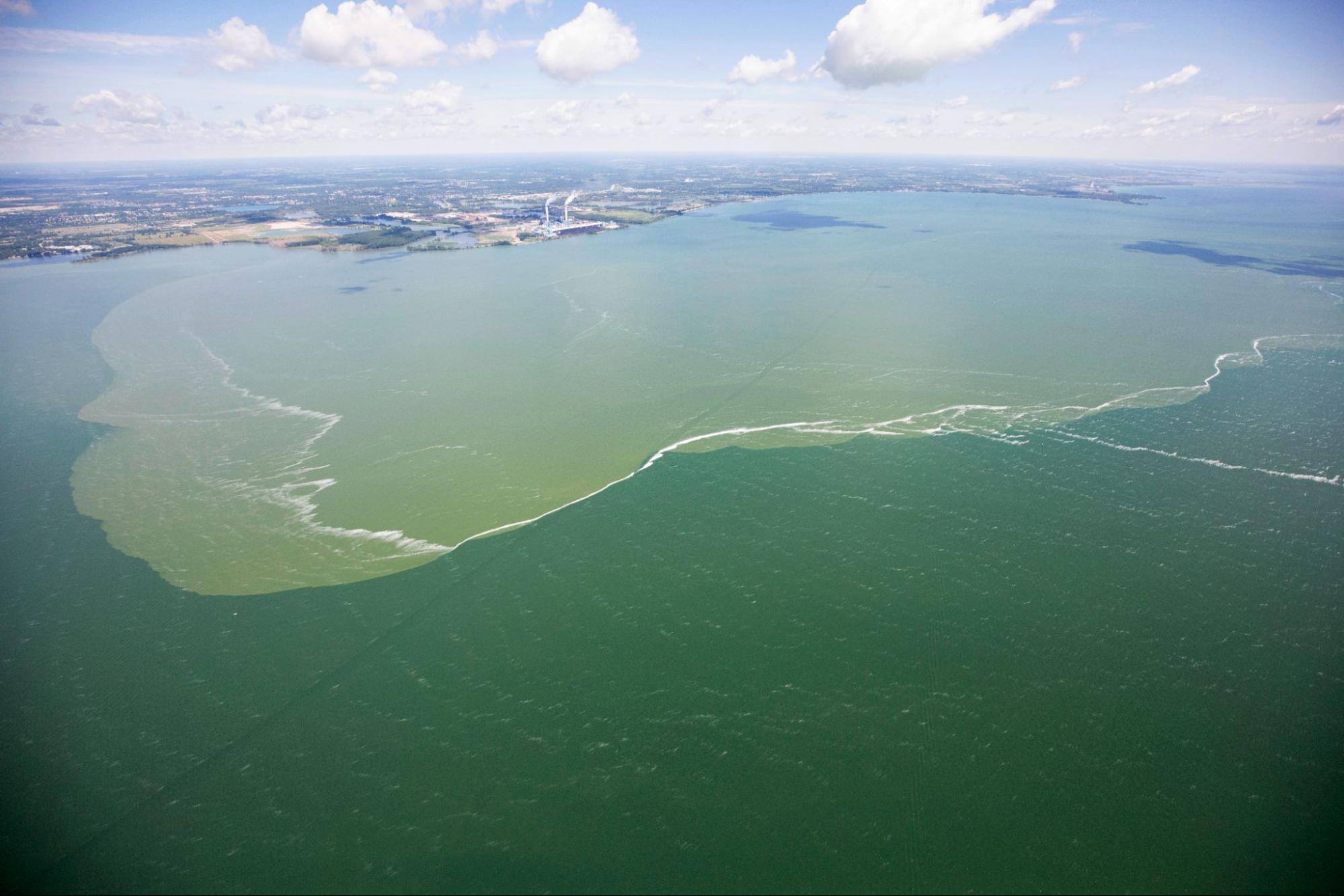The National Oceanic and Atmospheric Administration and partners are predicting a moderate to above-moderate harmful algal bloom (HAB) in western Lake Erie this summer, with visible signs of the bloom starting by early July and primarily affecting the lake’s western basin.
The bloom is predicted to measure in a range of 4.5 to 6 on the severity index — moderate blooms have an index of 3 to 5. HABs can vary in size and toxicity, and ones that consist of cyanobacteria can produce microcystin, a liver toxin that can pose a risk to human and wildlife health.
“Understanding hazards such as harmful algal blooms helps us ensure the Great Lakes are a power in the Blue Economy,” says Nicole LeBoeuf, director of NOAA’s National Ocean Service. “As the science behind our forecasts improves, we can give communities better information to plan for varying blooms.”
“NOAA’s Lake Erie HAB forecast continues to be an important tool to help inform decisions made by drinking water treatment plants, local governments and individuals visiting Lake Erie’s shoreline and recreating on its waters,” adds Christopher Winslow, Ph.D., director of Ohio Sea Grant and Stone Laboratory. “Additionally, data collected before and during each bloom season continues to inform management decisions related to nutrient management and bloom response.”
The NOAA is developing tools to help detect and predict the toxicity of blooms, and the Lake Erie HAB Forecast website offers visualizations, predictions and forecasts for HABs.
“The blooms in Lake Erie are changing. They are developing earlier over the past 10 years than previously, for reasons we do not yet understand,” explains Richard Stumpf, Ph.D., NCCOS lead scientist for the seasonal Lake Erie bloom forecast. “An early start does not necessarily lead to a larger bloom, but it does mean the bloom lasts longer.”
To learn more, visit noaa.gov.
NOAA COASTAL OCEAN SCIENCE FACEBOOK




